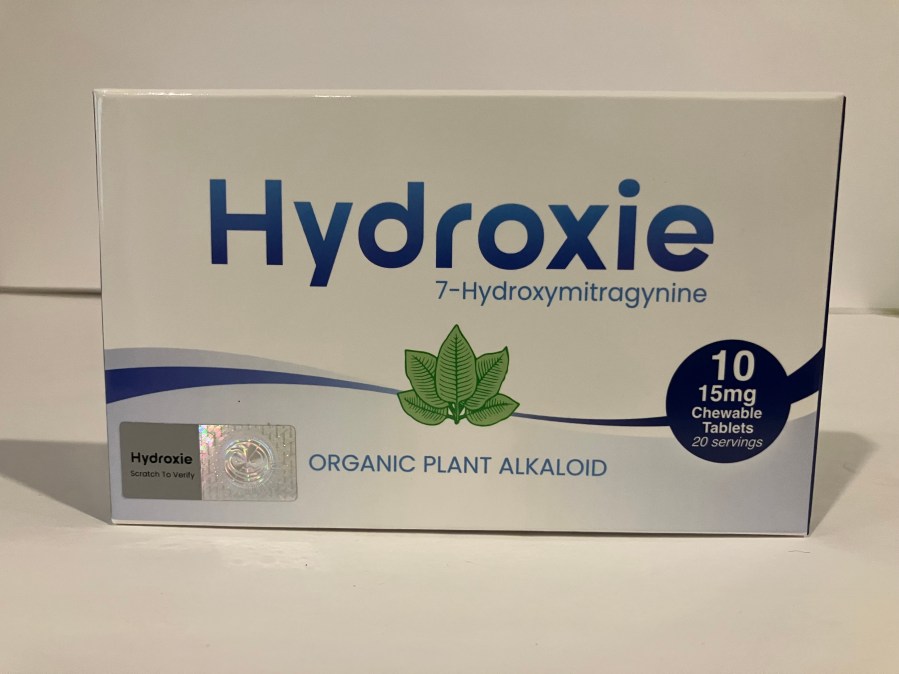Officials are warning Los Angeles County residents and health care providers after multiple fatal overdoses connected to the synthetic kratom compound known as 7-Hydroxymitragynine (7-OH).
“The County of Los Angeles Medical Examiner recently identified three additional fatal overdoses associated with 7-OH ingestion in LA County residents between the ages of 18 to 40 years old,” the County of Los Angeles Public Health stated in a news release on Friday.
The three additional deaths bring the total number of overdoses tied to the synthetic substance to six. Officials said that while alcohol was present with 7-OH in many of the fatal overdose cases, in addition to other medications and sometimes illicit substances, the decedents were “otherwise generally healthy.”
Retailers were urged to immediately stop selling any 7-OH products, which are not lawfully marketed in the U.S. as a drug product, dietary supplement or food additive.
“Kratom and 7-OH products are marketed as natural remedies and sold illegally in gas stations, smoke shops, online, and other retailers. It’s critical that the community understand that these products are dangerous and can result in fatal overdoses,” said Dr. Gary Tsai, Director of the L.A. County Department of Public Health’s Substance Abuse Prevention and Control Bureau. “The safest thing to do is avoid using 7-OH and kratom-related products altogether.”
Tsai also warned anyone using 7-OH not to use it alone and to avoid mixing 7-OH with other drugs and alcohol. In case of overdose, naloxone can be used to reverse the effects of opioids, including 7-OH.
About 7-OH and kratom products
7-OH, the psychoactive component of kratom leaves, is synthetically concentrated into various products sold in gas stations, smoke shops, and other retail and online venues in L..A County, officials said.
At low doses, 7-OH can have stimulant-like effects, but at higher doses, it has opioid-like effects.
They are unregulated and often labeled with terms such as “plant alkaloids” or “alkaloid” and marketed as dietary supplements to address a broad range of issues such as pain, anxiety and mood disorders, opioid withdrawal, or energy/general well-being.
The products come in various forms, such as tablets, gummies, drink mixes, and concentrated (“enhanced” or “super”) liquid extracts or shots for drinking, which significantly increase their adverse and life-threatening effects.
